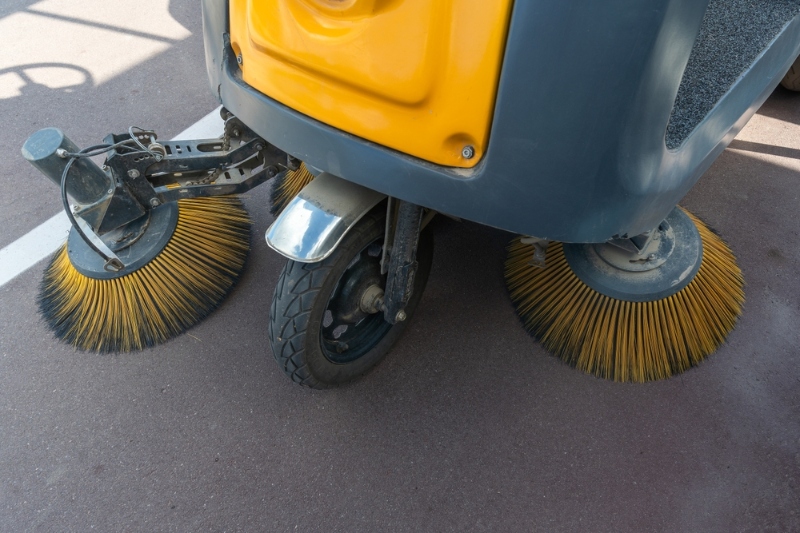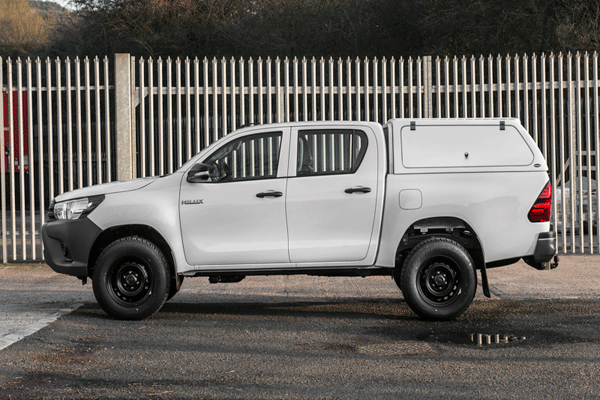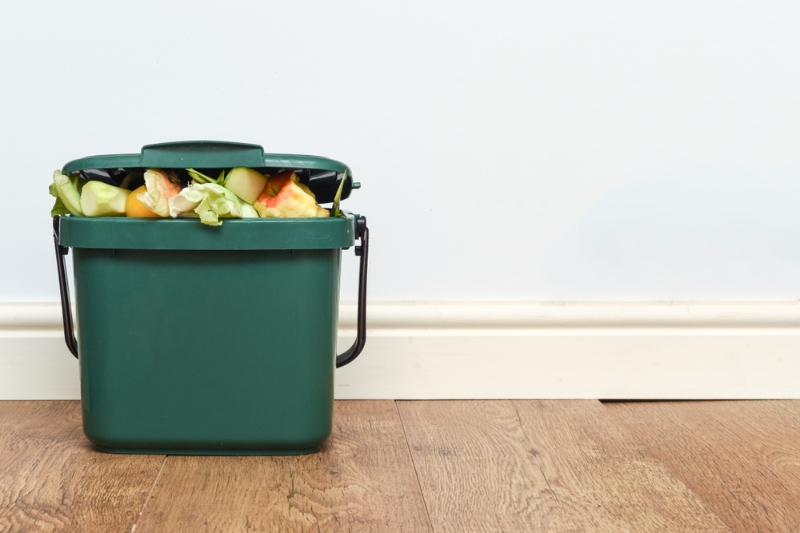A 27 tonne electric refuse collection vehicle (eRCV) is starting its rounds in a 24-month trial in Sunderland.
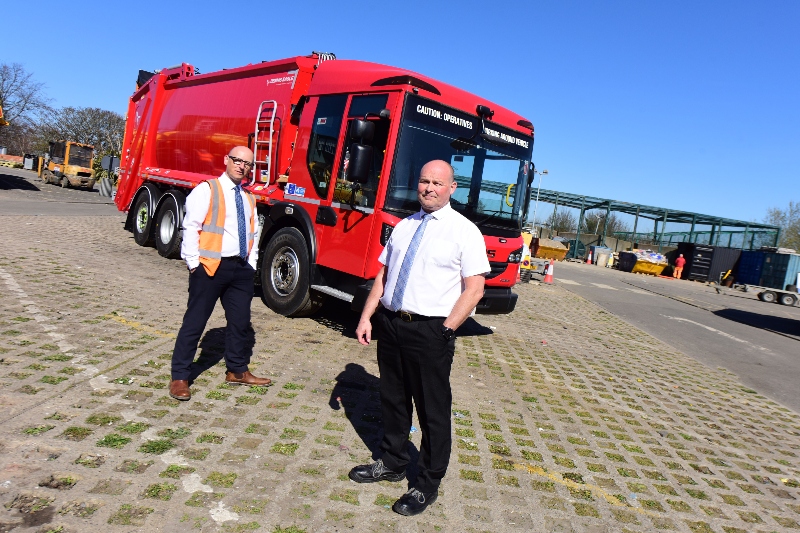 The Dennis Eagle eCollect has joined Sunderland City Council's growing EV fleet as part of the local authority’s efforts to reduce carbon emissions, keep the air cleaner, and be more cost-effective and efficient for council tax payers.
The Dennis Eagle eCollect has joined Sunderland City Council's growing EV fleet as part of the local authority’s efforts to reduce carbon emissions, keep the air cleaner, and be more cost-effective and efficient for council tax payers.
As it begins its rounds with two loaders and a driver, the eCollect will be collecting approximately 20 tonnes of waste daily and is expected to clock up 10,000 miles every year.
It will work from the council depots at South Hylton or Jack Crawford House and will be charged from a 63kw socket specially adapted for this size of vehicle. As the council expands its fleet of EVs, more charging points are being installed at both Jack Crawford House and the new depot development at Parsons in Washington.
The vehicle cost £423,000, including a contribution of £120,000 from the European Regional Development Fund (ERDF). The trial will be comparing the Dennis Eagle eRCV against that of an identical conventional diesel one to compare how they perform.
The city council's executive director of Neighbourhoods, Fiona Brown said: ‘We are all very aware of the impact that climate change is having and the council is committed to driving down its carbon emissions and Sunderland becoming a carbon neutral city.
‘The council is making a difference with carbon reduction as we continue updating and transforming our waste and recycling services. The purchase of this vehicle is a very visible and physical demonstration of this council's commitment to carbon reduction while serving residents.’
The council has a fleet of 550 vehicles and continues to explore viable alternatives to the internal combustion engine. This is to ensure that, by 2030 when no new diesel vehicles will be built, the council has explored all the options that are available and that all its vehicles will be fully compliant.
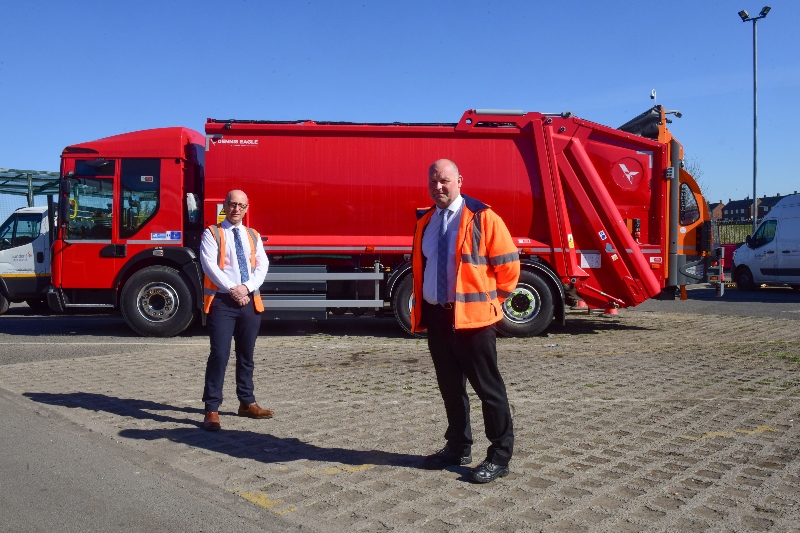 Ian Bell, the council's vehicle fleet manager, said: ‘This is a very physical demonstration of the council’s continued commitment to clean air.
Ian Bell, the council's vehicle fleet manager, said: ‘This is a very physical demonstration of the council’s continued commitment to clean air.
‘EVs are good for the environment and recognised as saving money. This is not just in fuel costs because, when compared with older fossil fuel vehicles, EVs are also generally less expensive on servicing and regular maintenance, so there are could be many benefits for residents, for the council and our staff.
‘A lot of demands are put on our refuse and recycling vehicles so it’s very important in coming months we understand and evaluate the performance of this type of vehicle. The council can then make further informed decisions about the viability, performance and range of these vehicles.’
The eRCV and its charging infrastructure form part of a wider council initiative that has made provision for other electric commercial vehicles. This already includes a fleet of 29 Nissan NV200 electric light commercial vehicles used by neighbourhoods and highways staff, and a Nissan Leaf which is used as a pool vehicle.
Procurement is already underway on the council acquiring a further seven low carbon EVs.
Dennis Eagle’s sales and marketing director, Richard Taylor, said: ‘This will be the first eCollect in the North East of England, so councils like Sunderland are leading the charge.
‘Sunderland will be among the first in the UK to operate all-electric refuse collection vehicles and we are delighted they have chosen our eCollect.
‘Refuse collection vehicles routinely visit almost every street so people living and working in Sunderland will benefit from cleaner air wherever the eCollect is in operation.
‘And with more sustainable electricity now being generated from renewables than fossil fuels by the National Grid, these vehicles will help the council reduce its carbon footprint and play its part in our global battle against climate change.’




